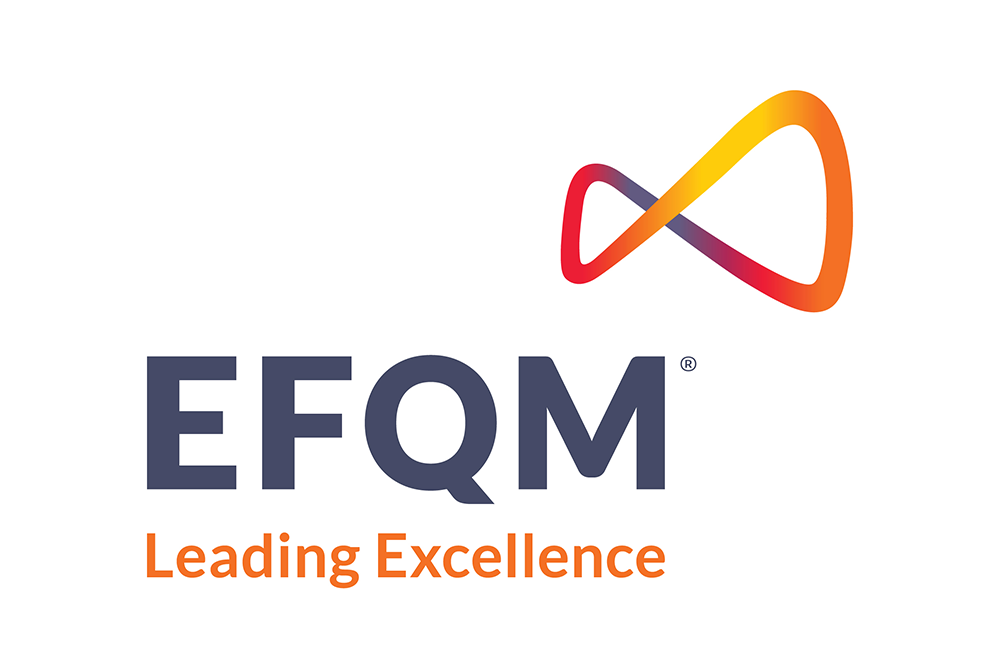EFQM: revised model to be unveiled in October 2019

The European Foundation for Quality Management (EFQM) continues to revise its excellence model. The 2020 version will be presented in October 2019. An overview on the eve of much-anticipated developments.
Created thirty years ago and last revised in 2013, EFQM is a management model that helps any organization to strive for excellence. It takes its name from the organization that developed it, the European Foundation for Quality Management. Since 2017, she has been working to update it. The 2020 version will be presented in October 2019. For Foucauld de Lauzon, EFQM General Delegate in France, “. Excellence means achieving and maintaining outstanding performance results that meet or exceed stakeholder expectations. Excellence implies a dimension of global, sustainable and responsible performance. ”
EFQM, for everyone
As a generic model, EFQM is suitable for all types of organization or company, whether small, large, private, public, single-site or multi-site, and in all sectors. The model, for which AFNOR is the official partner in France, is systemic: it concerns the entire organization and all its stakeholders. It is non-exclusive, i.e. compatible with any other type of approach, quality or otherwise, certified or not. Last but not least, the EFQM model is non-prescriptive: it does not include any requirements, nor does it impose anything. For Patrick Iribarne, co-founder of Strateis, an EFQM specialist, ” EFQM can be used in two ways: to obtain a diploma, or to improve performance. It’s a 360-degree approach that includes customers and staff. It is open to societal aspects, environmental components and operational efficiency. ”
Accessible to all free of charge in France thanks to two sponsors (RATP and AFNIC), EFQM has over 50,000 followers worldwide. France is still lagging behind. ” France has fewer than fifteen appraisals per year. Other European countries, such as Spain, have significantly higher levels. But the contexts are quite different. In Spain, the government provides support for companies embarking on an EFQM approach “comments Foucauld de Lauzon.
A rating system
The most proactive organizations use the EFQM approach and its rating system. The maximum sum to be achieved is 1,000 points, including 500 points for good practices and 500 points for results. Certificates are awarded gradually: an organization is excellent from 650 points upwards, but the first diploma levels (R4E) require half that number. ” This rating is perhaps the reason why French companies are so reluctant to adopt EFQM. Companies see it as an elite sport “laments Patrick Iribarne.
But the EFQM model was in need of revision. ” We needed to refresh the model, which must continue to favor common scales of comparison,” says Patrick Iribarne. Digital transformation, an all-purpose business tool, will be better integrated into the process. Customer communities are increasingly powerful, and attracting staff is becoming a recurring problem,” says Patrick Iribarne. An industrial cleaning company may well be inspired by the best practices of a training institute. It’s in a nuclear power plant’s interest to know what’s going on in a space center. Some issues are identical, particularly when it comes to learning management. “The 2020 version of the model will be presented in October 2019.